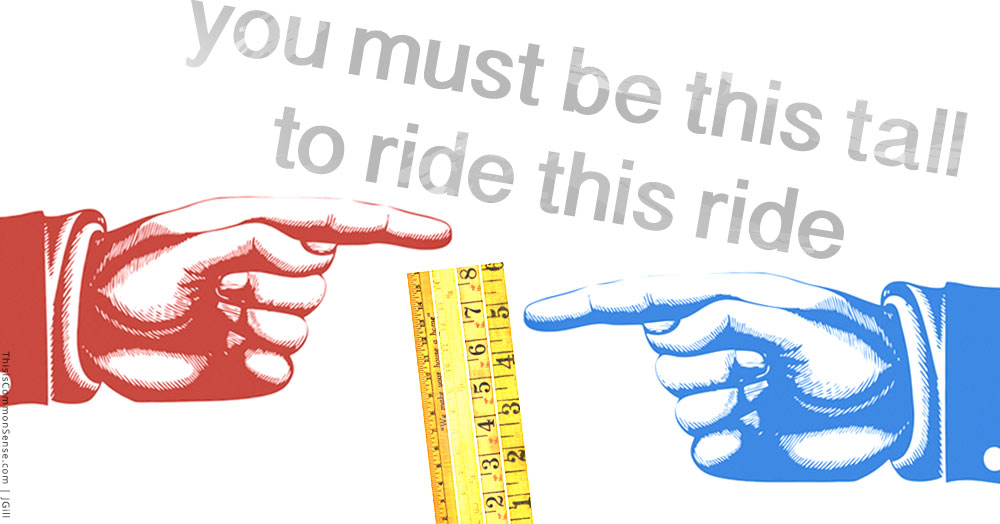Pushing annual federal spending over a trillion bucks into the red?
It has consequences.
“Our debt is growing, and it’s growing fast,” writes Veronique de Rugy at Reason. “Though it’s a shame that lawmakers passed tax cuts without cutting spending to offset short-term losses in revenue, there’s no doubt that Social Security and Medicare deficits are almost entirely to blame for our impending debt crisis.”
Ms. de Rugy, a senior research fellow at the Mercatus Center, has a typo in the version of her article that I read (it has probably since been corrected): “Based on current trends, the debt held by the public is set to reach $15.7 trillion by the end of this year and continue rising to $28.7 trillion by 2028.” She surely meant “$25.7 trillion,” since the current debt clock figure shows the U.S. public debt at over $21 trillion. Still, $25.7 seems a bit high … but at this point we can leave the exact numbers to the professionals.
We just know that the debt’s too damn high.
As de Rugy explains, it has present as well as future cost. And, yes, entitlements are the biggest problem — but even more than Ms. de Rugy suggests. Congress owes the Social Security “trust fund” (in Al Gore’s infamous and non-existent “lock box”) nearly $3 trillion.
Our solons would have to (painfully) switch from revenue deficits to revenue surpluses just to pay off its debt to a much-relied upon institution.
What will happen, though, is surely this: Congress will borrow more from elsewhere to pay what Social Security needs — which all too soon will be a lot more than $3 trillion.
That’s not Common Sense. (But I am Paul Jacob.)











